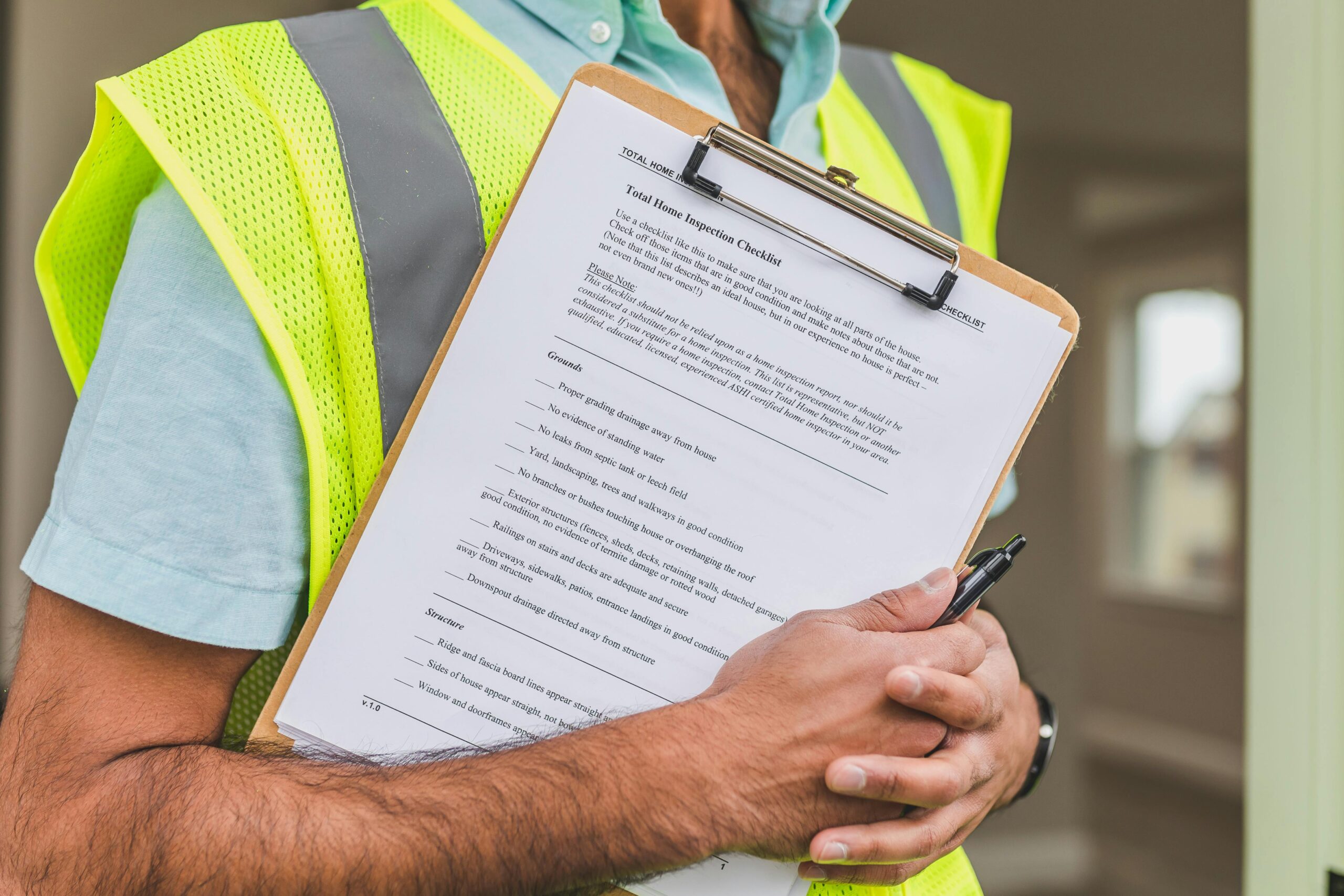
New York City’s building codes are among the most stringent in the country, designed to ensure the safety, health, and well-being of residents and visitors alike. For property owners and managers, staying compliant isn’t just about avoiding hefty fines—it’s also about preserving the value of their investment and maintaining a safe, functional environment. Fortunately, many of the most common violations cited by the NYC Department of Buildings (DOB) can be easily prevented through routine maintenance.
One of the most frequently issued violations in NYC relates to façade deterioration, especially for buildings over six stories tall. Local Law 11, also known as the Façade Inspection and Safety Program (FISP), requires regular inspections and repairs of exterior walls. Cracked masonry, loose bricks, or improperly anchored air conditioners can all result in costly penalties. By scheduling routine façade inspections and addressing minor wear and tear before it becomes a hazard, building owners can stay ahead of these issues and avoid emergency repair orders.
Another major area of concern is elevator maintenance. Elevators in NYC buildings must meet strict operational and safety standards, and failing to keep up with inspections or minor mechanical issues can lead to violations or even forced shutdowns. Partnering with a licensed elevator service provider for regular inspections, testing, and lubrication is a simple yet effective way to avoid these disruptions and fines.
Blocked egress paths and inoperable self-closing doors are also common violations, particularly in multi-unit residential buildings. These issues pose serious fire safety risks and are routinely flagged during inspections. Keeping hallways and stairwells clear, ensuring all fire doors close properly, and regularly testing fire alarms and sprinkler systems are critical preventive measures.
Illegal conversions, such as turning a basement into an apartment without proper permits or creating unauthorized room partitions, remain a persistent issue in NYC. These alterations not only violate code but can also endanger lives in the event of an emergency. Owners should resist the temptation to maximize rental income at the expense of safety and legality. Instead, any structural or usage changes should be reviewed by a licensed architect or engineer and properly permitted through the DOB.
Proper maintenance isn’t reactive—it’s proactive. It means performing regular walk-throughs, scheduling timely inspections, keeping clear and organized maintenance records, and hiring qualified professionals for repairs. For example, preventive plumbing maintenance can reduce the risk of leaks that might lead to mold, which is another major violation category under Local Law 55.
Investing in professional property management or maintenance services from NYC Cleaning and Maintenance can make a significant difference. Our team is well-versed in NYC code requirements and can identify potential issues before they escalate into formal violations.
Staying compliant with NYC building codes may seem like a daunting task, but it doesn’t have to be. With a focus on regular upkeep and an understanding of the most commonly cited violations, property owners can protect both their investments and their tenants. In a city where regulations are constantly evolving, proactive maintenance is the smartest, most cost-effective way to stay on the right side of the law.
Copyright © 2024 NYC Cleaning